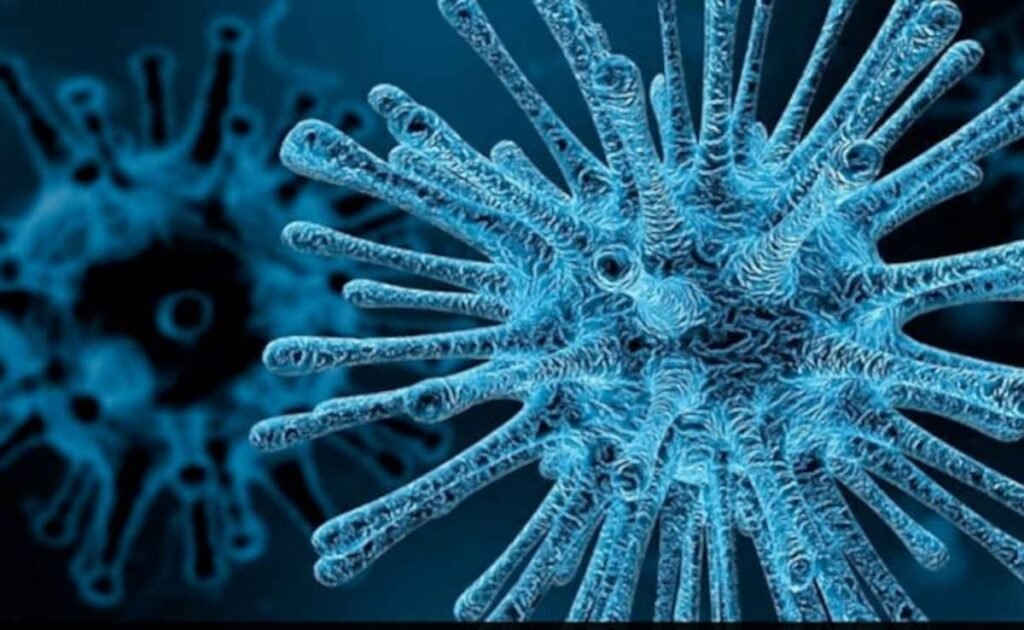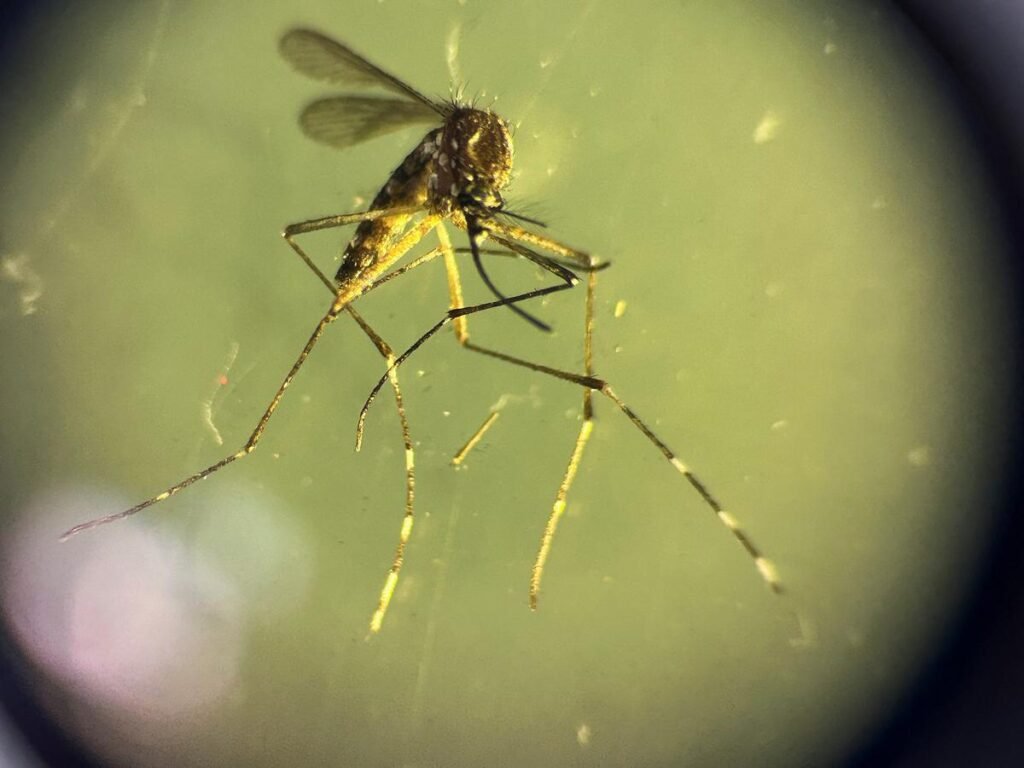Table of Contents
Chandipura virus cause of death a four-year-old child from Mota Kanthariya in Gujarat’s Aravalli has been Confirmed
Chandipura virus cause of death a four-year-old child from Mota Kanthariya in Gujarat’s Aravalli has been Confirmed. as the state’s first due to chandipura virus, health minister Rushikesh Patel said on Wednesday. He disclosed reports this regard were received from Pune’s National Institute of Virology (NIV). The Child Died at a government hospital in Sabarkantha. A Number of 26 suspected cases in the state have been reported so far. Most of these cases are under investigation and awaiting confirmation.

New Delhi: A four-year-old girl from Mota Kanthariya village in Aravalli district, Gujarat, has died due to the Chandipura-virus (CHPV), marking the first fatality from this virus in the state, according to a health department official. She passed away at the civil hospital in Himatnagar, Sabarkantha district. In addition to her case, 14 other patients have died from suspected CHPV, with Gujarat reporting a total of 29 cases so far.
What is the Chandipura Virus?
The Chandipura virus is an arbovirus belonging to the Vesiculovirus genus in the Rhabdoviridae family. First discovered in 1965 in the Chandipura village of Maharashtra, it is transmitted by vectors such as phlebotomine sandflies, mosquitoes, and ticks.
This virus causes fever and flu-like symptoms, along with acute encephalitis, an inflammation of the brain, which can be lethal. Children are particularly susceptible to the Chandipura virus. However, reports indicate that it is not contagious.
Symptoms
Common symptoms of Chandipura virus infection include:
- Severe headaches
- Sudden onset of high fever
- Frequent vomiting
- In some cases, coma, and death
- Convulsions or seizures

Prevention
Preventive measures focus on controlling the sand fly population and minimizing exposure to these vectors.
- Avoid sandfly bites by wearing full-sleeved clothing and using bed nets while sleeping.
- Apply insect repellents to lower the chances of being bitten by sandflies.
- Maintain clean surroundings to eliminate potential sandfly breeding grounds.
Treatment
At present, there is no dedicated vaccine or antiviral therapy for the Chandipura virus. To avoid fatalities, early detection, hospital care, and symptomatic treatment are essential.
- Hospitalization: Patients with severe symptoms need to be hospitalized.
- Hydration: Ensuring proper hydration is important, especially for those with severe vomiting.
- Intensive Care: Severe neurological symptoms may require intensive care to manage respiratory and neurological complications.
- Antipyretics: Medication is needed to reduce fever.
- Anticonvulsants: These are used to control seizures.



